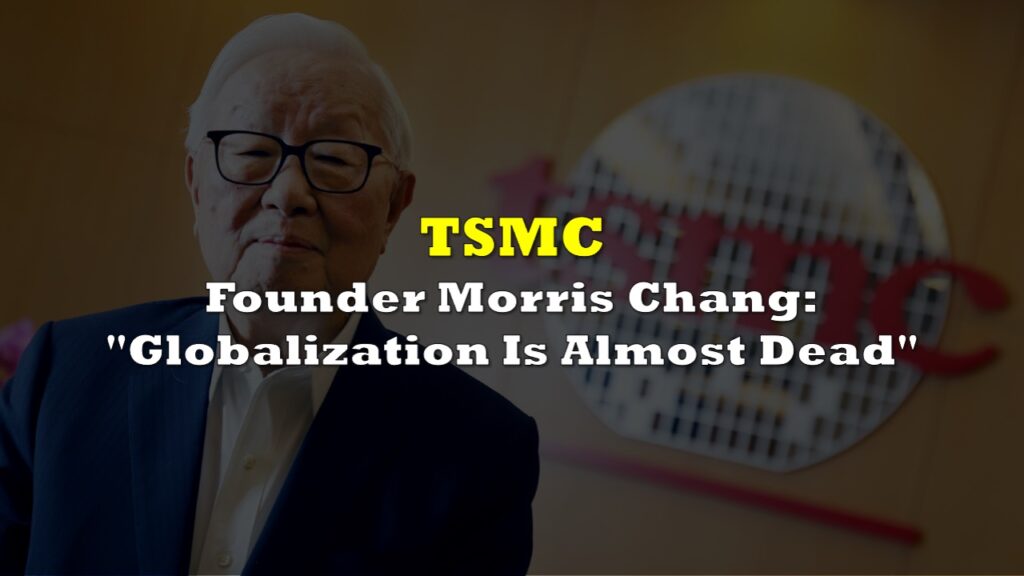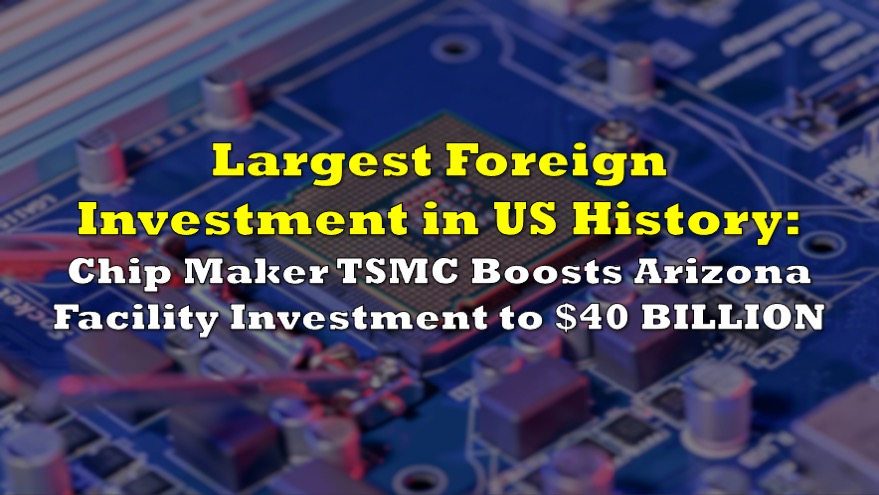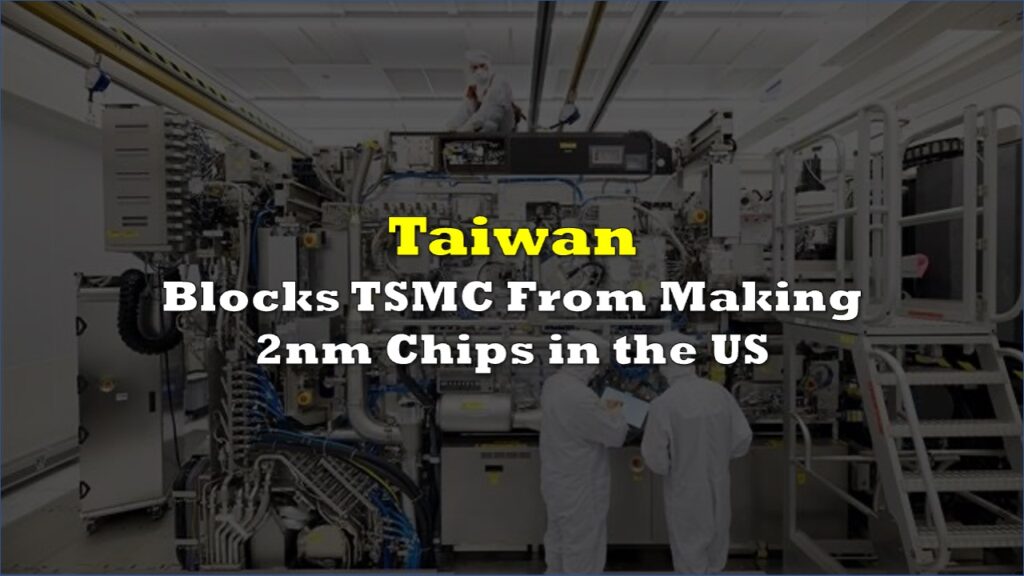Taiwan Semiconductor Manufacturing Co. has started the mass production of next-generation 3-nanometer chips at its Tainan campus in southern Taiwan.
“TSMC is maintaining its technology leadership while investing significantly in Taiwan, continuing to invest and prosper with the environment,” TSMC Chairman Mark Liu said. He added that the demand for 3nm chips is “very strong.”
Liu also voiced optimism about the long-term prospects for chip demand, promising to manufacture future generations of 2nm chips in the Taiwanese cities of Hsinchu and Taichung.
Chips with narrower line widths for transistors are often more competent and power-efficient. TSMC claims that its 3nm processes outperform its 5nm processes while consuming 35% less electricity. According to Liu, 3nm technology would help produce end goods with a market value of $1.5 trillion within five years.
“Mass production of 3-nanometer chips is the fruit of decades-long collaboration with the local supply chain,” Liu said.
The production rollout comes after the Taiwan-based chip maker increased its investment in Phoenix, Arizona from $12 billion to $40 billion, marking the largest foreign direct investment in US history.
The investment in the American market is a nod to founder Morris Chang’s dream “to build fabs in the United States.”
“25 years passed and we have a new chairman, Mark Liu. And he happens to share my dream! Now you see a partial, not yet fulfilled, but progress of this dream,” Chang said.
The introduction of the high-performance chips comes on the heels of TSMC’s statement that it will offer 4nm chips at a new Arizona plant beginning in 2024 and 3nm chips at a second US site beginning in 2026. In addition, the corporation is increasing capacity in Japan and researching potential sites in nations such as Germany.
In June, Samsung launched scale production of 3nm semiconductors in an uphill battle to catch up to TSMC in the contract chipmaking market and meet growing demand for high-performance, low-power gadgets.
These developments come amid rising fears that tensions between the US and China over semiconductors are separating the global IT supply chain into two camps. Washington’s crackdown on Beijing’s chip ambitions, most recently in the form of new restrictions imposed in October, has made it increasingly difficult for companies like TSMC to serve Chinese clients.
US-Taiwan relations has seen a surge of strength marked by the symbolic visit of then-House Speaker Nancy Pelosi, which inadvertently made US-China relations more tenuous.
READ: China Sanctions Pelosi Over Taiwan Visit, Ends Cooperation, Military Ties with the US
Information for this briefing was found via Bloomberg and the sources mentioned. The author has no securities or affiliations related to this organization. Not a recommendation to buy or sell. Always do additional research and consult a professional before purchasing a security. The author holds no licenses.









